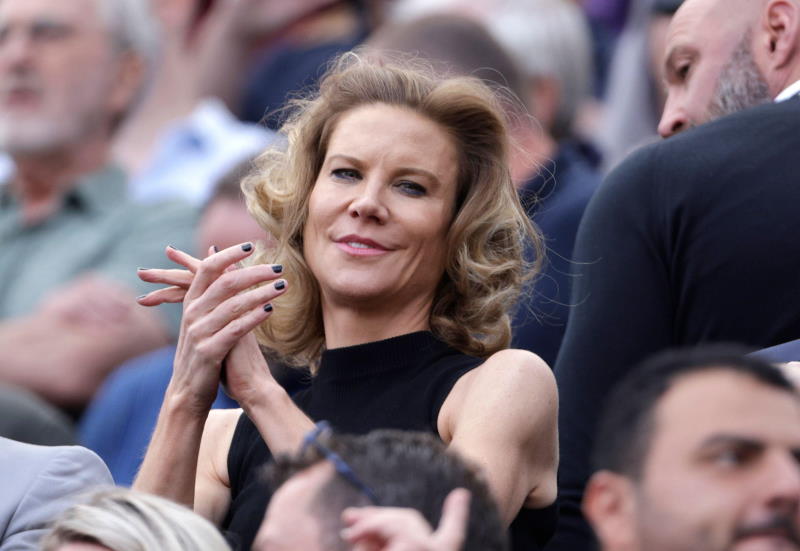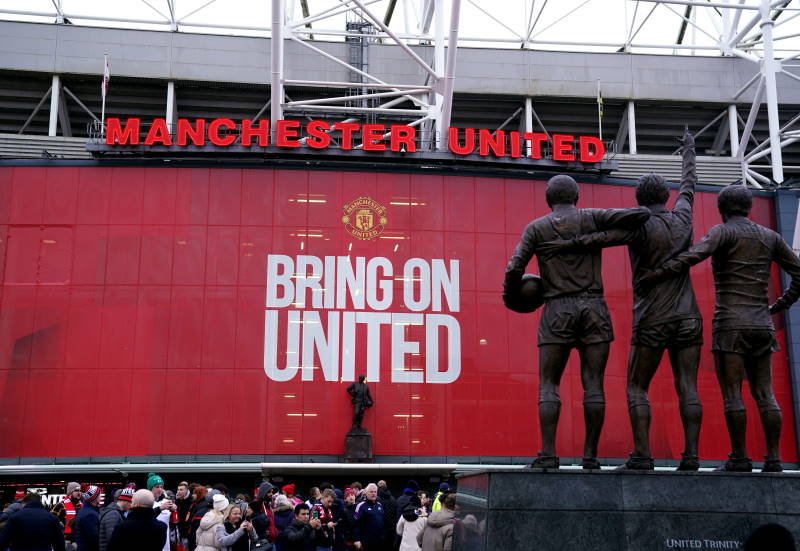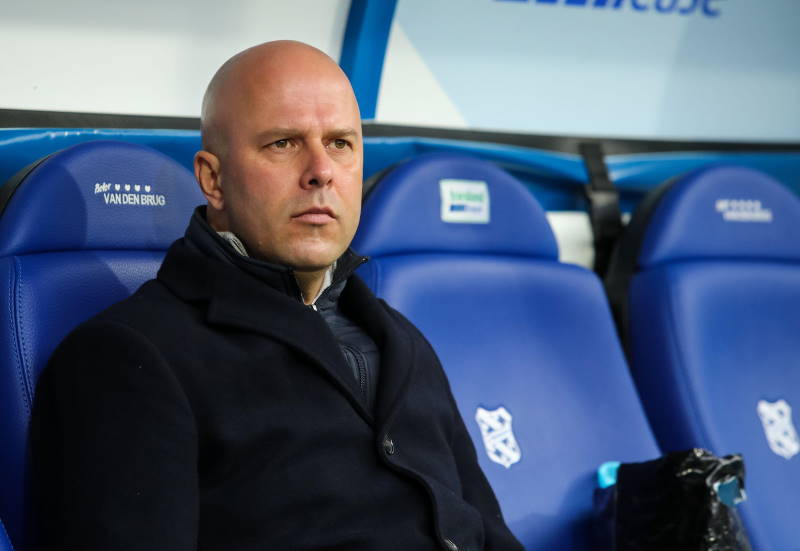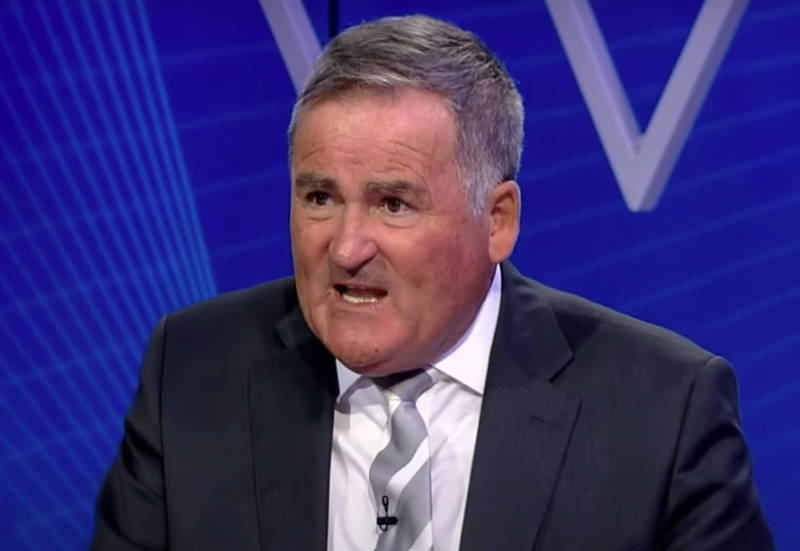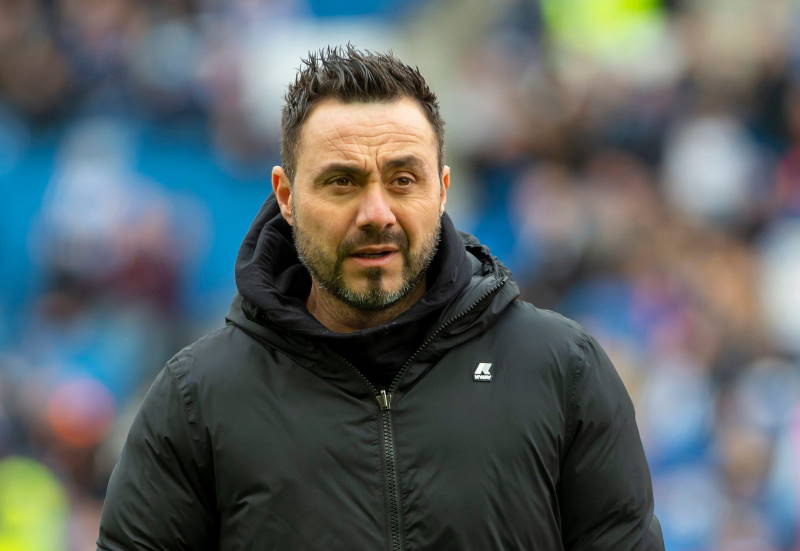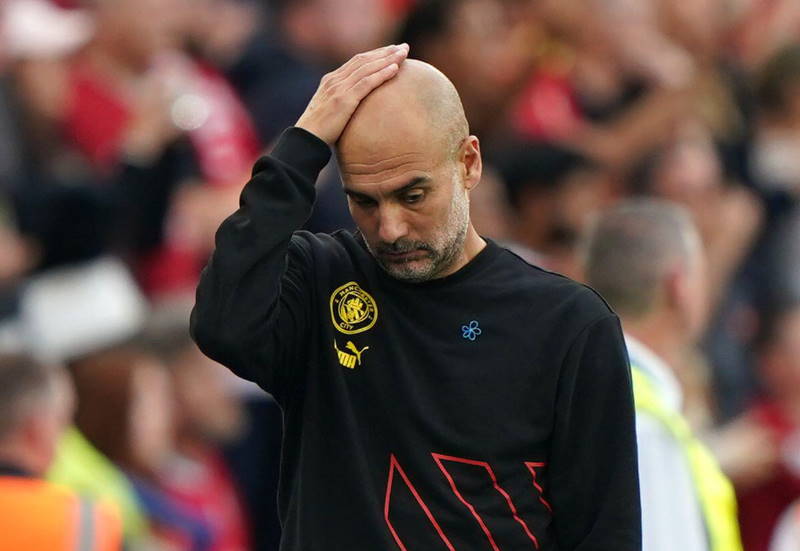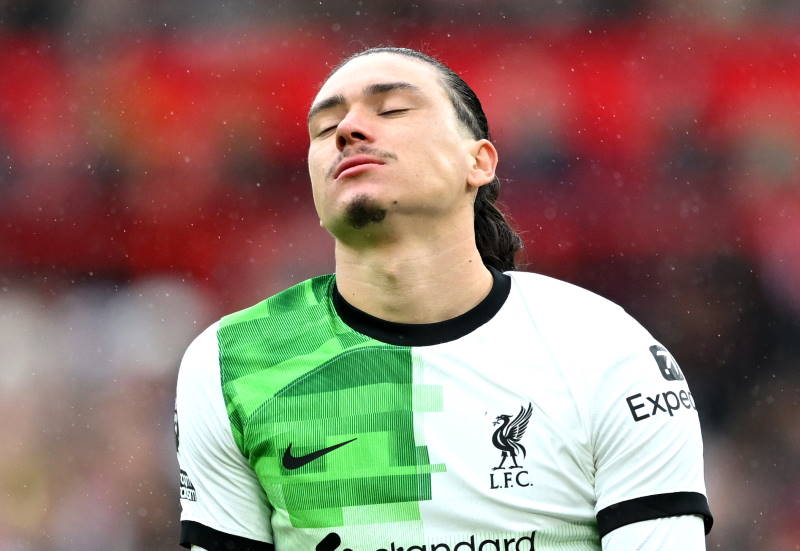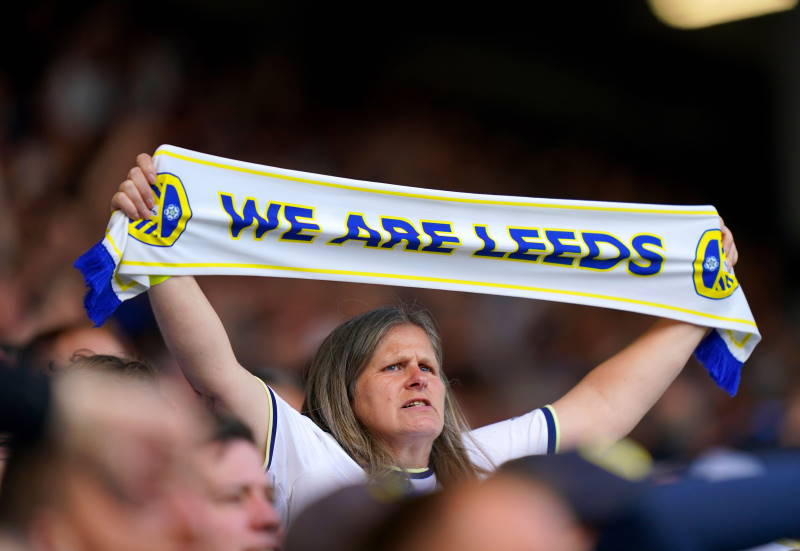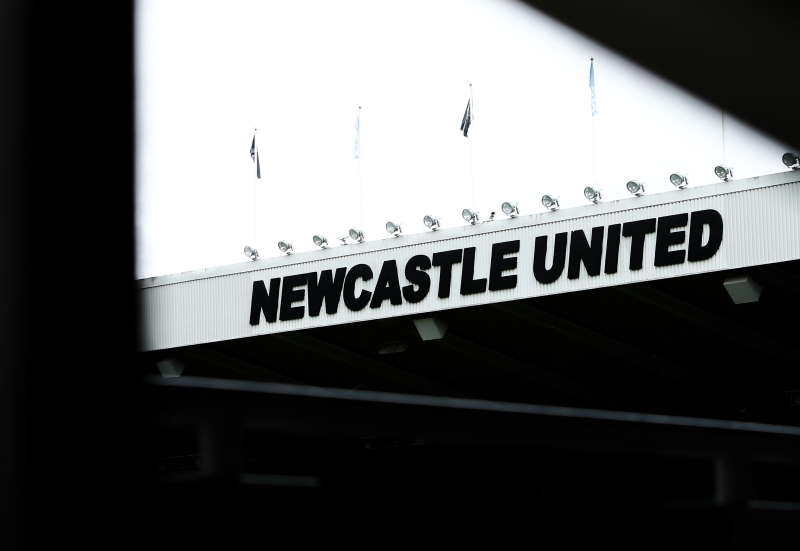
Ryan Giggs and Nicolas Anelka have both won accolades and titles aplenty during the Premier League era. They have played alongside some of the world’s biggest talents and scored countless memorable, match-winning goals.
But while these two players share certain things in common, there are clear differences too. For one, they are contrasting characters. Giggs has become one of the most likeable players of the past two decades with his dry sense of humour and obvious love for the game. Anelka, meanwhile, can come across as quiet, moody and withdrawn.
And a bigger contrast can be seen with a quick glance at their career histories. Giggs has spent his entire career at Manchester United, making his way through the club’s youth ranks and earning his first-team debut back in 1990.
Anelka, meanwhile, has been collecting clubs. He burst onto the Premier League scene with Arsenal, firing The Gunners to the Double in 1998. But that relationship became frosty and Anelka was sold to Real Madrid. That was followed by switches to Paris St. Germain, Liverpool, Manchester City, Fenerbahce, Bolton and finally Chelsea.
The Frenchman is not alone in jumping from club to club. In fact, it would be easier to name a hundred players who have played for four or more clubs than a dozen who have been “one-club-men”. And it raises an interesting point.
Giggs’ brilliance has earned him endless praise as a unique talent. But he may be more unique than many realise. Spending an entire career with one club is an extremely rare feat these days. It is admirable and loyal – and when the club is United, it is all the more incredible. Strangely, fewer and fewer players are following Giggs’ example.
There are several reasons for this. With the power in the game switching from clubs to players, it is becoming increasingly easy for stars to dictate terms. The recent Wayne Rooney contract saga proved that only too well. Now, once a player is restless, unhappy with the team’s form or falls out with a coach or team-mate, he can orchestrate his escape to pastures new.
In the past, clubs could refuse to part with their best players because they called the shots. The idea of Dimitar Berbatov forcing a move away from Tottenham Hotspur or William Gallas muscling his way from Chelsea to Arsenal would have been unheard of in years gone by. Players did not run the show.
Of course, clubs are not entirely innocent in the demise of the “one-club-man”. They lose patience with players too. A dip in form, interest from a bigger club or younger emerging talents can all contribute to a player being moved on and denied the chance to spend his entire career with the same team. Indirectly, chairmen who show their managers little patience also hurt the odds of nurturing “one-club-men”. It is hard to believe that Giggs and Paul Scholes would still be such key figures at Old Trafford if Sir Alex Ferguson had not enjoyed such a lengthy tenure.
Plus, as fewer home grown players emerge, the chances of the years of service offered by Giggs, Scholes and Paolo Maldini – to throw another big name into the mix – drop. It is no coincidence that Giggs grew up with United and, as other big names came and went, the Welshman stayed. His loyalty to Ferguson and the club has remained strong throughout.
And as players learn to take better care of their bodies, their careers have been extended. With more stars playing into their late 30s, there is a greater chance that they will drop down a division or at least join a lesser team, as Real Madrid icon Raul and former Man Utd star Phil Neville have, in order to ensure first team football.
Yet, despite all the obstacles, there are still “one-club-man” candidates out there. John Terry may join the list, but his relationship with Chelsea has been rocky at times. Jamie Carragher is another possibility as he looks set to see out his career at Liverpool, but the Merseyside club’s poor form might yet force Steven Gerrard, another candidate, to move on.
Lasting the pace as a "one-club-man" requires adaptability and determination in equal measure to go alongside natural talent. Giggs has been through some testing spells at Old Trafford when the writing seemed to be on the wall. Scholes, another one-club-man, has also faced the odd uncertain moment at United.
But the hunger to keep chasing trophies has always been the key for Giggs. As younger, much-hyped wide players arrived in Manchester, he simply worked harder. Though he had made his name on the left wing, the Welshman showed he could be effective in central midfield and in a free role behind the strikers too. He reinvented himself and suddenly became one of United’s danger men again.
Giggs’ career has been littered with individual and team successes, but joining legends like Jack Charlton, Franco Baresi and Tony Adams as a “one-club-man” will be as impressive as any award or medal he has received.

